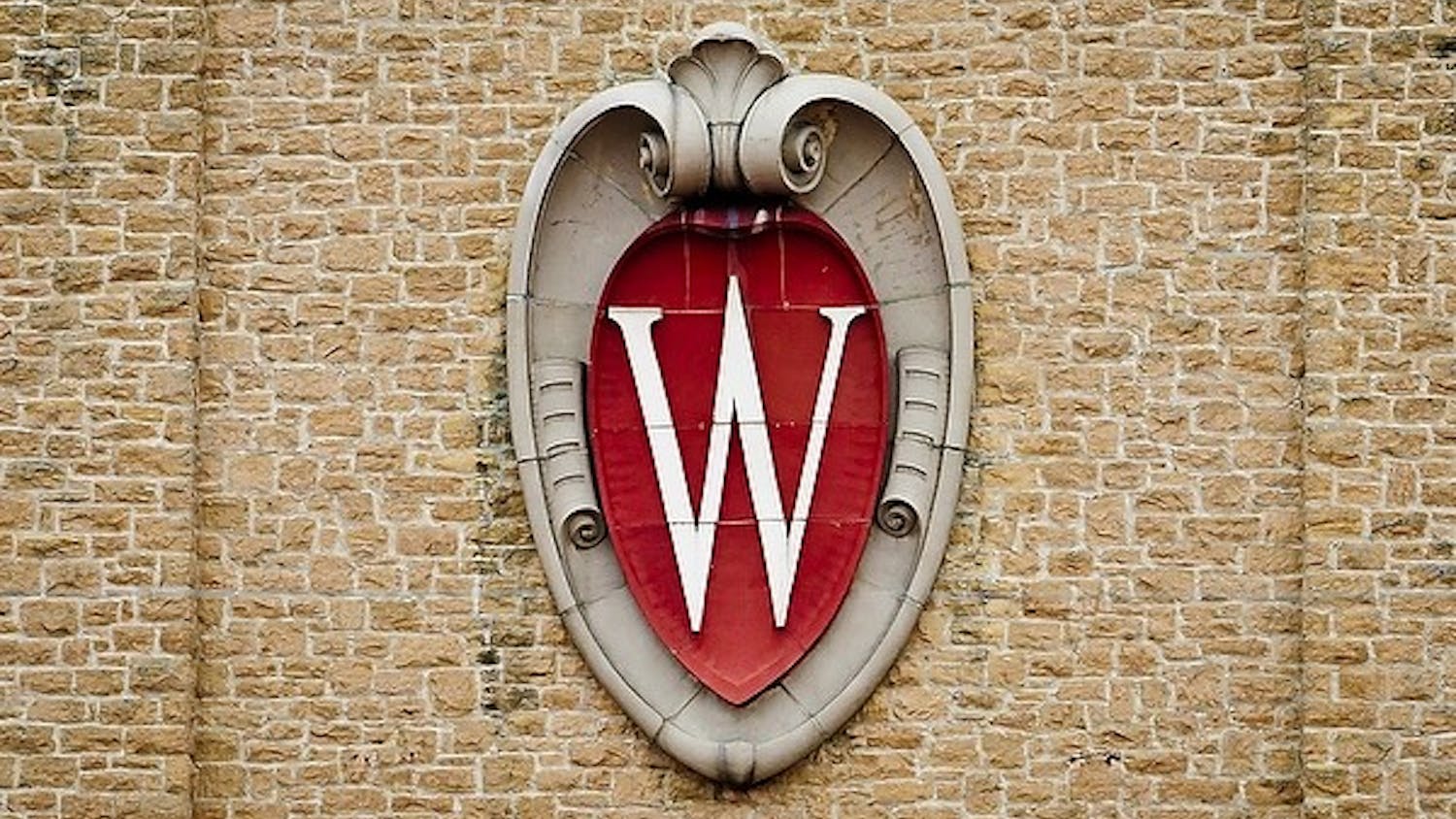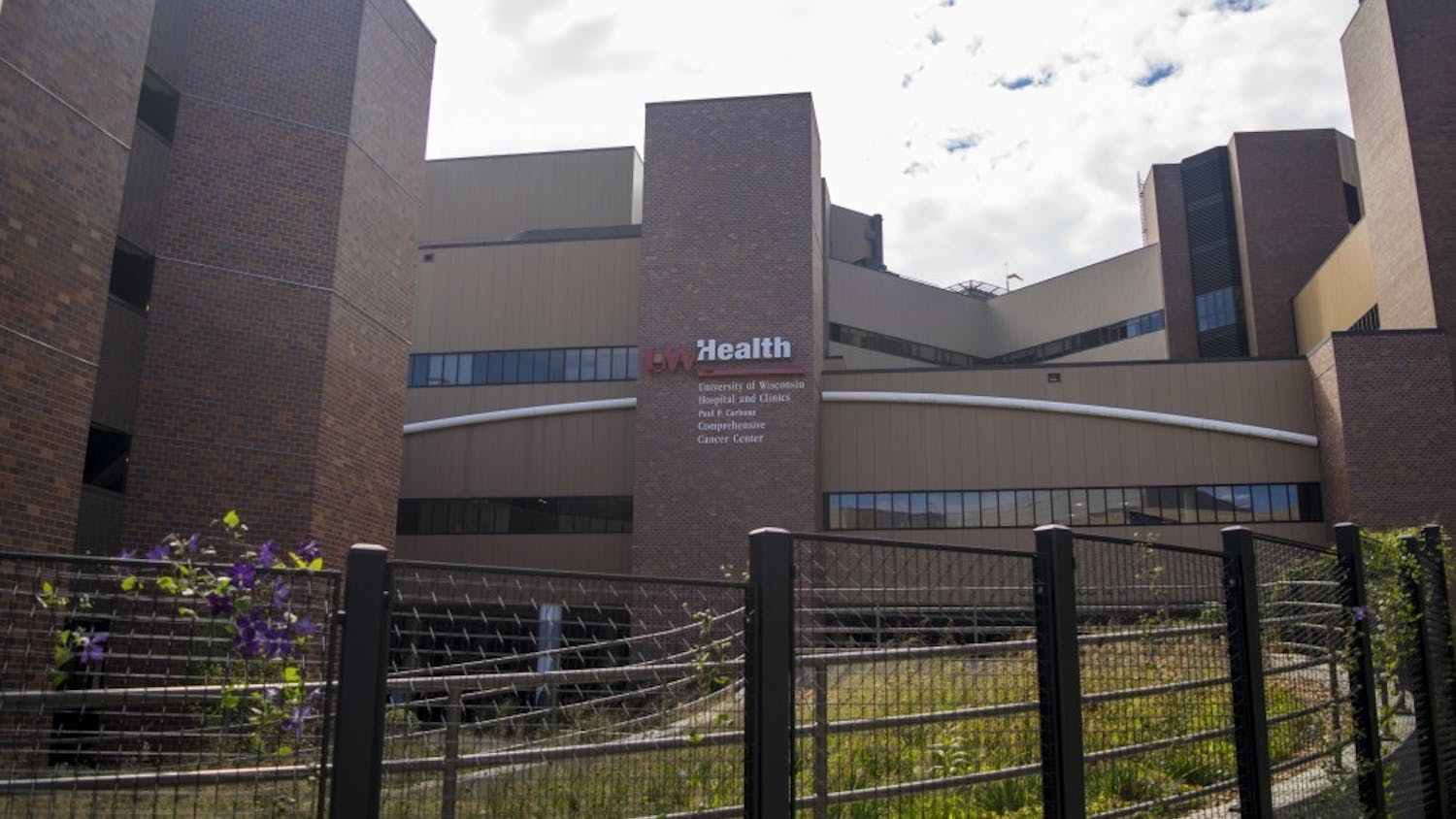This coming Saturday will mark the 30th anniversary of the Three Mile Island reactor incident in Pennsylvania, the largest nuclear accident in America. Although no one was directly injured from the accident and the radiation released, nuclear technology has since made great strides toward increasing safety. Nuclear power—relatively clean, efficient and cheap—is currently providing approximately 20 percent of Wisconsin's power, with three working plants in the state, including the small reactor found on UW-Madison's campus.
However, the Three Mile Island accident stirred up debate among lawmakers all over the nation, as well as Wisconsin. In 1983, a new Wisconsin state law effectively created a moratorium on the building and development of any new nuclear reactors. Recently though, with President Obama's goals of creating ""green jobs"" and reducing carbon emissions, lawmakers now consider nuclear power a viable alternative to the current use of fossil fuels. Now, debates on relaxing the moratorium have begun to spring up across the state.
Nuclear power, though a safe and reliable source of energy, still creates large amounts of nuclear waste each year. Currently, there is no truly safe way to dispose of this waste. However, new methods are being developed to dispatch it without any risk of contamination to the environment. Although Wisconsin must consider nuclear power in the future, until technology has yielded an equally safe and economical solution, the Wisconsin moratorium on nuclear power should hold.
Proponents of relaxing the moratorium have pointed to the low costs, the ability to reduce dependence on foreign fossil fuels and overall reliability of nuclear power. Of course, perhaps the most relevant argument in the current debate is the massively reduced carbon emissions of nuclear power plants. Since no fossil fuels are directly used in the nuclear process, no carbon is released. According to Patrick Moore, co-chair of the Clean and Safe Energy Coalition, nuclear power ""accounts for nearly 75 percent of all U.S. emission-free electric generation."" Thus, a heavier reliance on nuclear-generated power would provide a much cleaner alternative to current fossil fuels and would allow the United States, as well as Wisconsin, to achieve the 60 to 80 percent reduction in carbon emissions by 2050, the current national goal.
However, the environment is also central to the debate against nuclear power. Nuclear reactors also generate radioactive waste, which, if allowed to seep into the environment, has a multitude of negative impacts. Several methods of disposal currently exist, but unfortunately, all are temporary. To add to this problem, the closest solution to permanency was just put on hold by Obama's current budget, which effectively halts all development on the Yucca Mountain waste repository. The Yucca Mountain site, which is located near a 1950s site for atomic testing, is considered the safest spot in the United States to store radioactive waste for a long period of time, though it still carries several risks—including the fact that radioactive wastewater can run through the mountain faster than previously believed.
Even if Yucca Mountain is utilized, the radioactive waste still needs to travel by rail to get there, and that in itself provides several opportunities for accidents and spills to happen. Thus, there is no truly safe way to dispose of nuclear waste products. Current technology does provide a glimmer of hope, however, as several nations have begun recycling waste and using it to provide even more energy. This has its obvious perks, though radioactive byproducts are still produced, but with a substantially lower radiation levels. Nuclear waste products, it seems, are unavoidable. When sufficient technology does emerge to eliminate—or at least greatly reduce—the threat posed by the byproducts of reactors, Wisconsin and the entire nation need to jump on the opportunity to employ more nuclear power plants.
The state's moratorium on nuclear power is understandable and even desirable, and until science has provided a safer solution to radioactive byproducts, Wisconsin residents need to focus on other alternatives to the current global warming crisis. Although reaching our goal of reducing carbon emissions to a fraction of what we use today may seem near impossible without nuclear power, we can still focus on other solutions, such as wind, solar power and environmentally cleaner cars. Hopefully, new technology will emerge soon to take care of the waste issue with nuclear power, as the benefits it could bring to the state are immense.
Ryan Dashek is a junior majoring in biology. Please send responses to opinion@dailycardinal.com.





